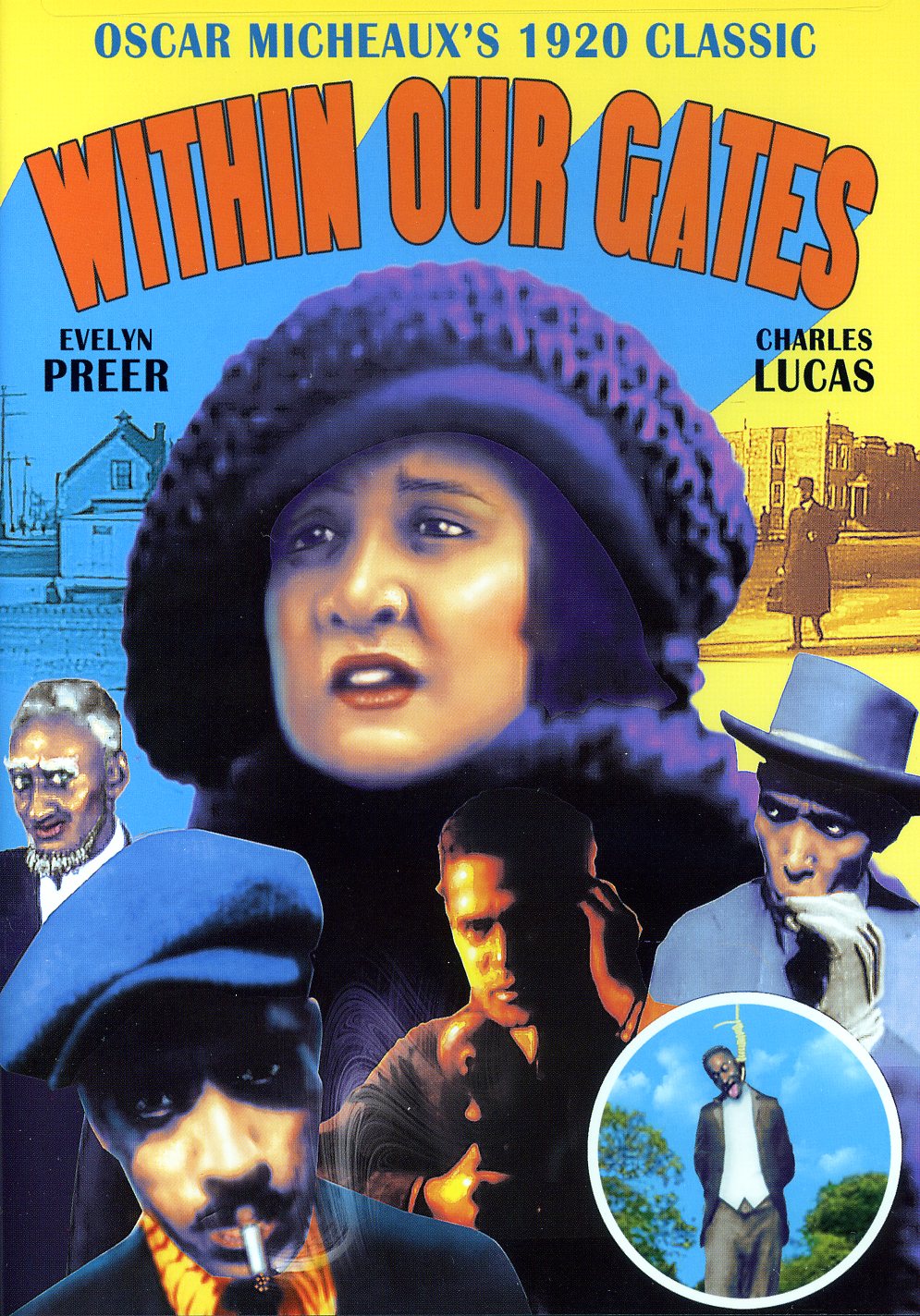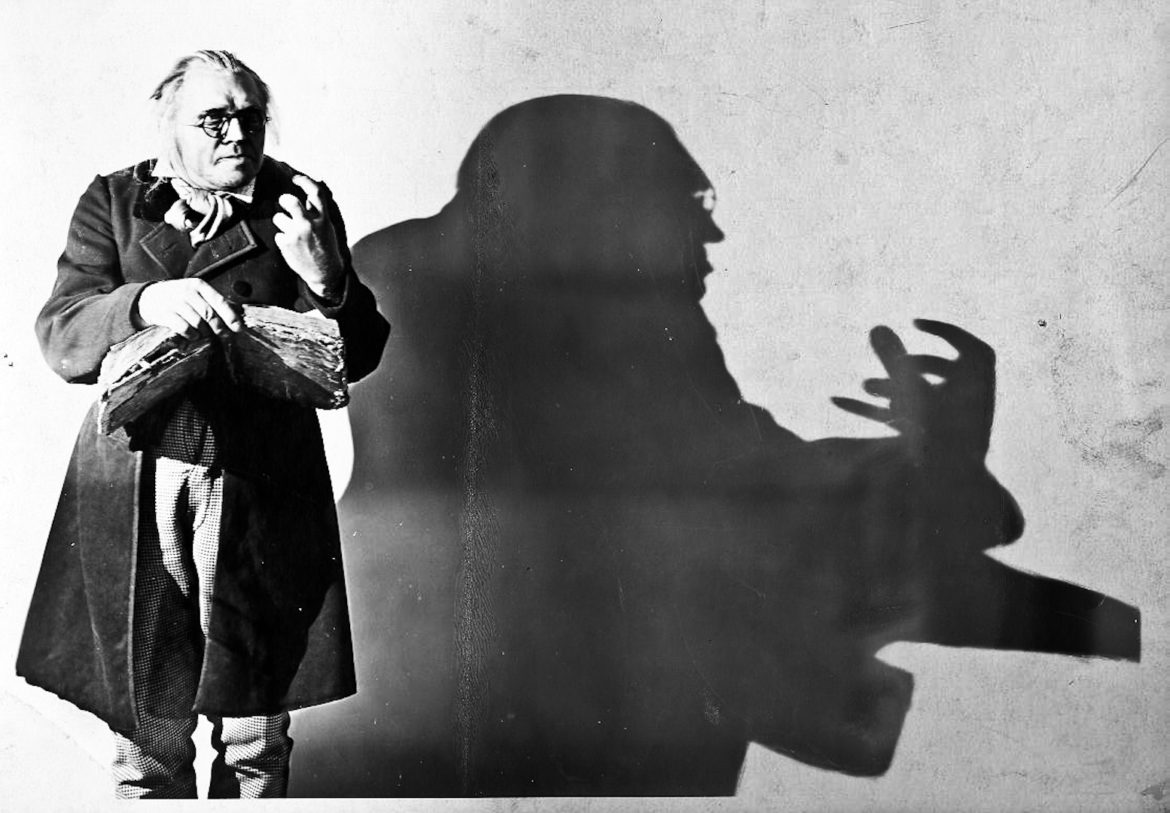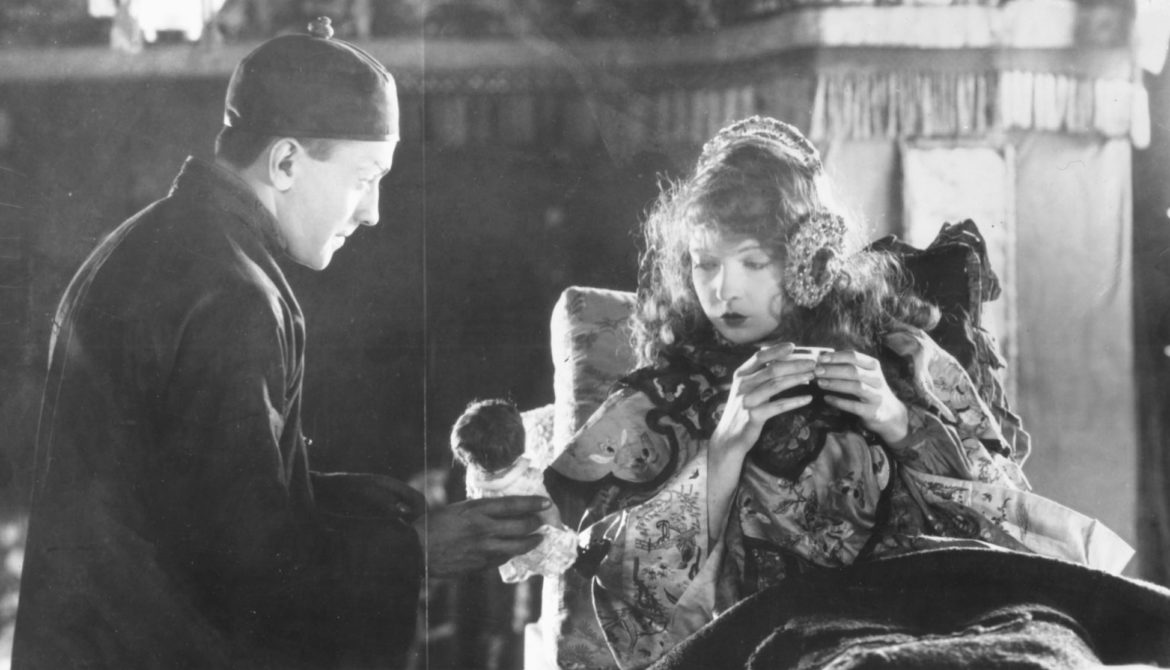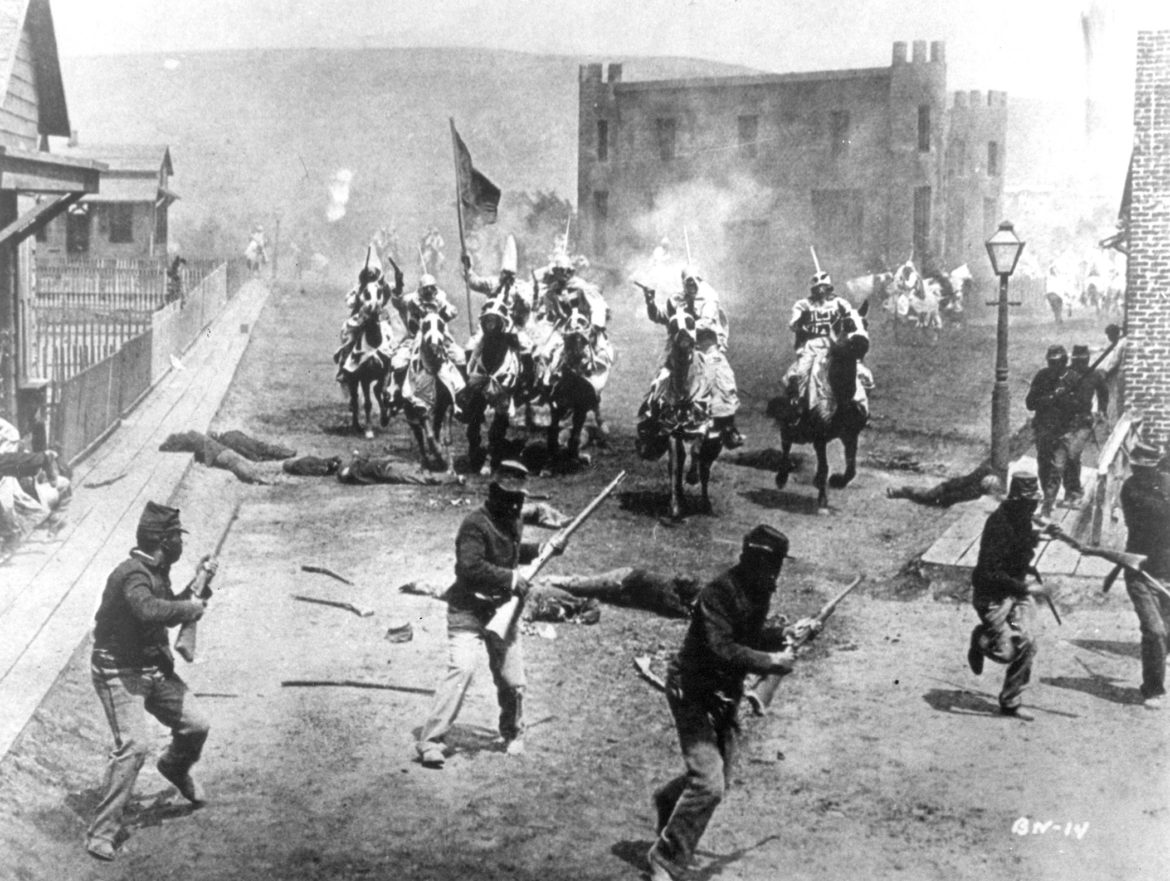Some films simply arrive at the exact right moment. Whether through canny decisions on distribution and release, real-world events outside the producers’ control, or some other happenstance collision of histories, a cultural product arrives that is both inevitable and sorely needed.
Birth of a Nation
Towards the end of Fernando de Fuentes’ 1936 epic Let’s Go With Pancho Villa!, Miguel Ángel del Toro ‘Becerrillo’ (Ramón Vallarino) asks, “The Revolution will triumph. Why do we stay?”
It’s the central question in this stridently anti-authoritarian, anti-militarist, and (possibly) anti-Revolutionary drama, considered to be the first Mexican “super-production”.
Part of an ongoing effort to watch a set of films from non-White, non-U.S., non-male, and/or non-straight filmmakers and depart a little from the Western canon. The intro and full list can be found here.
What if The Birth of a Nation, D W Griffith’s groundbreaking and deeply nasty epic, had been made by Black people in the U.S.,
Part of an ongoing effort to watch each of the films in Roger Ebert’s Great Movies series. The introduction and full list can be found here.
For the first time in this series, my viewing of The Cabinet of Dr Caligari marks a return to familiar material rather than a first showing.
Part of an ongoing effort to watch each of the films in Roger Ebert’s Great Movies series. The introduction and full list can be found here.
“It is a tale of temple bells, sounding at sunset before the image of Buddha; it is a tale of love and lovers; and it is a tale of tears.”
Part of an ongoing effort to watch each of the films in Roger Ebert’s Great Movies series. The introduction and full list can be found here.
“The past is never dead. It’s not even past.” – William Faulkner
It’s hard to figure out how to approach The Birth of a Nation, released 100 years ago this month.







